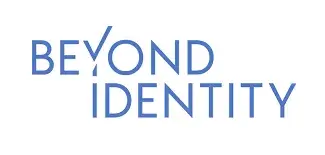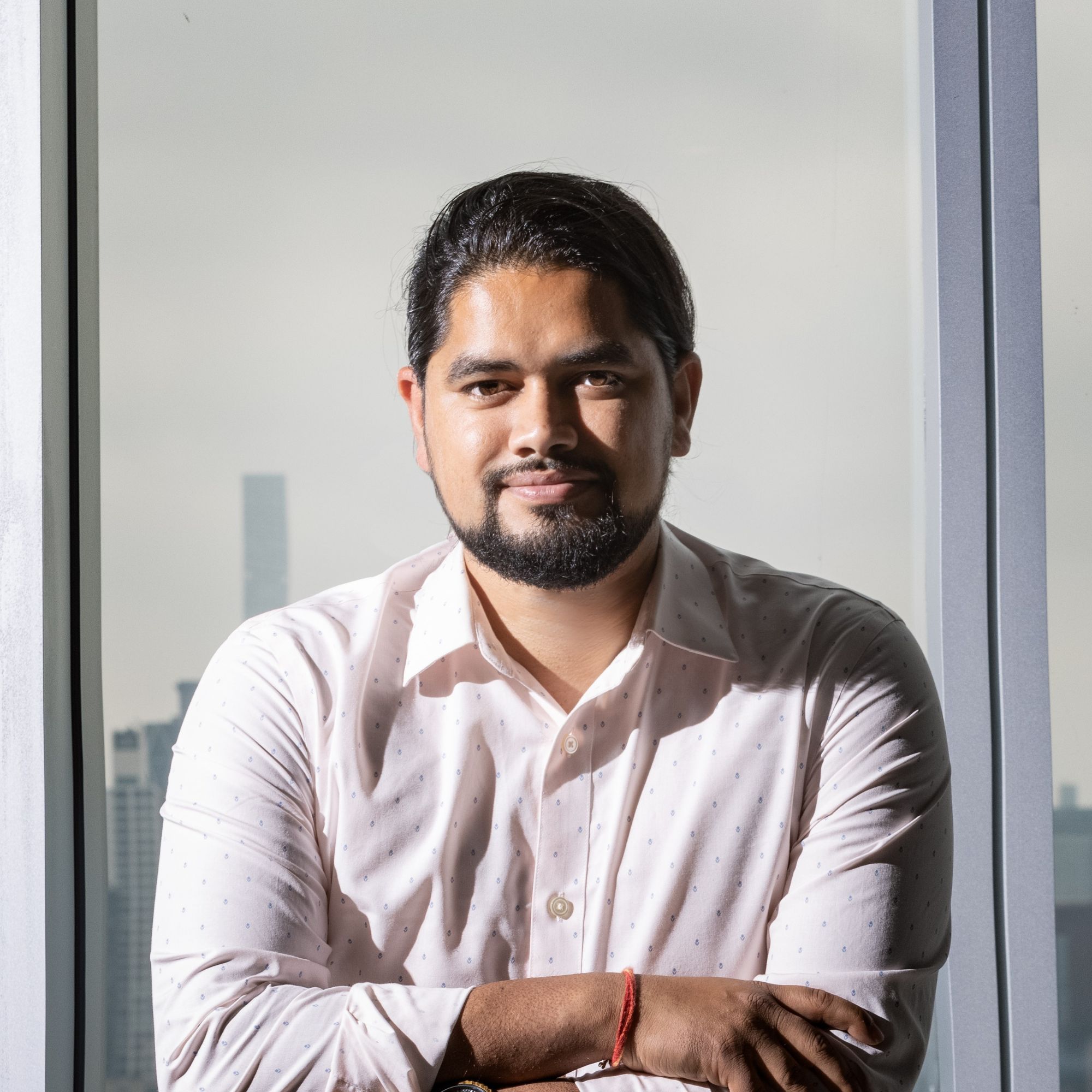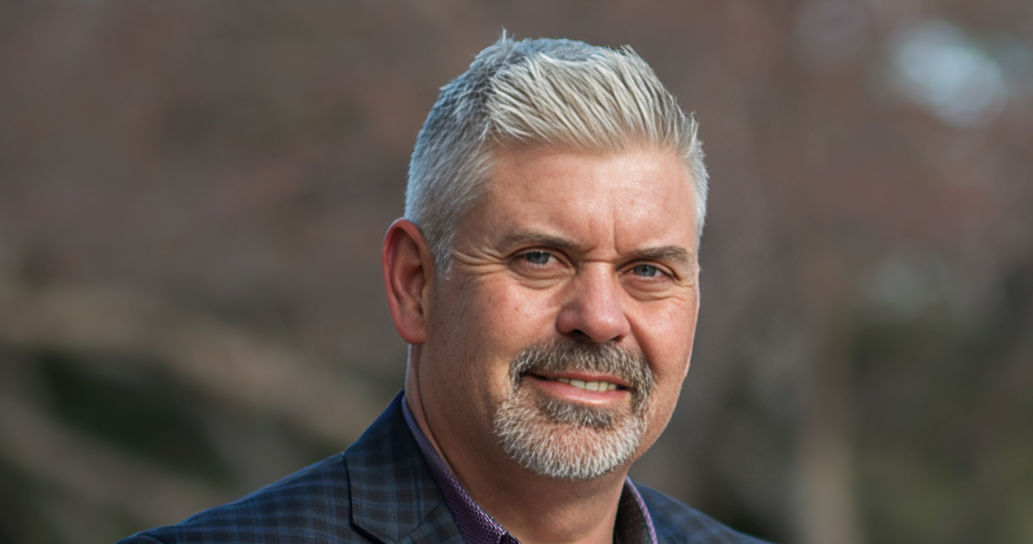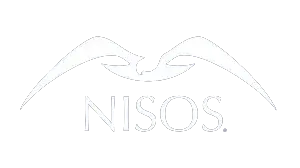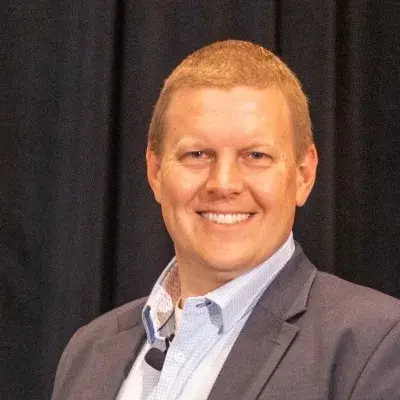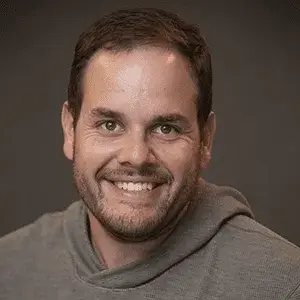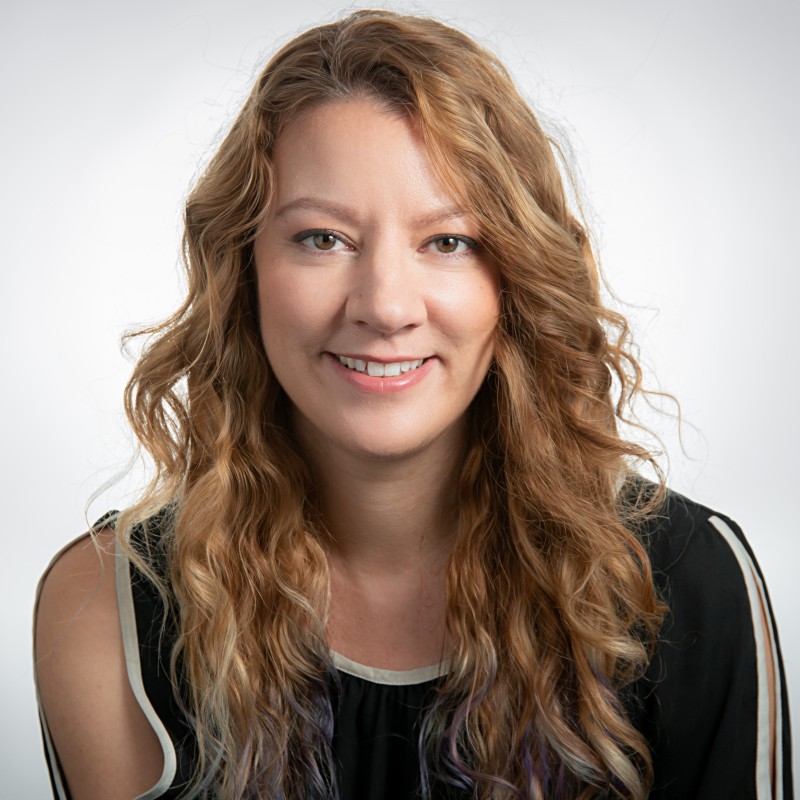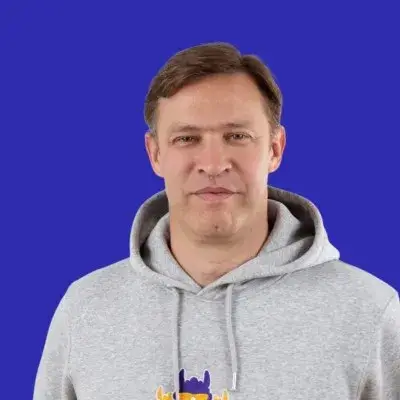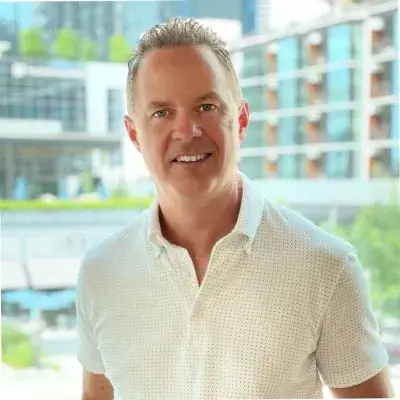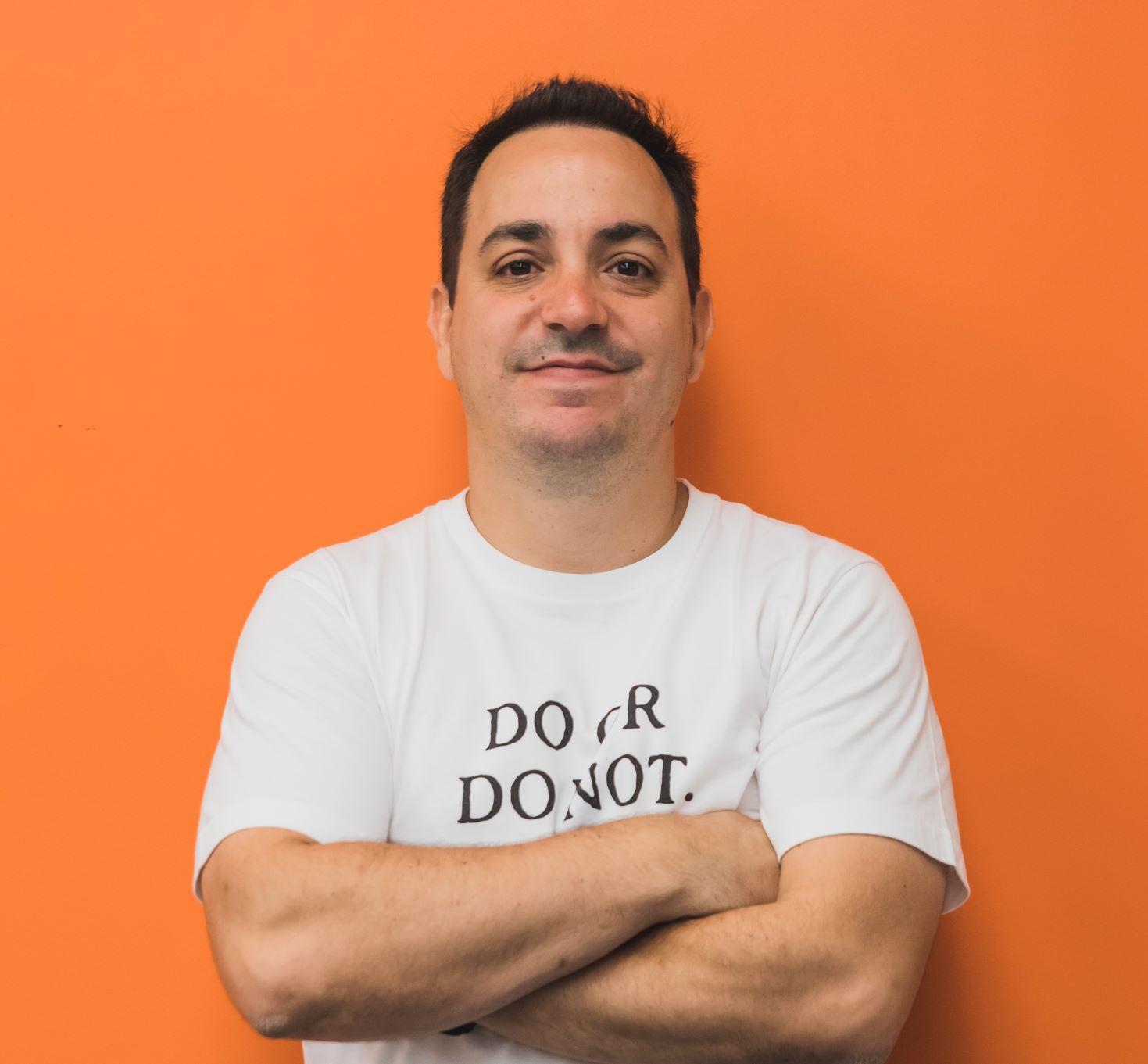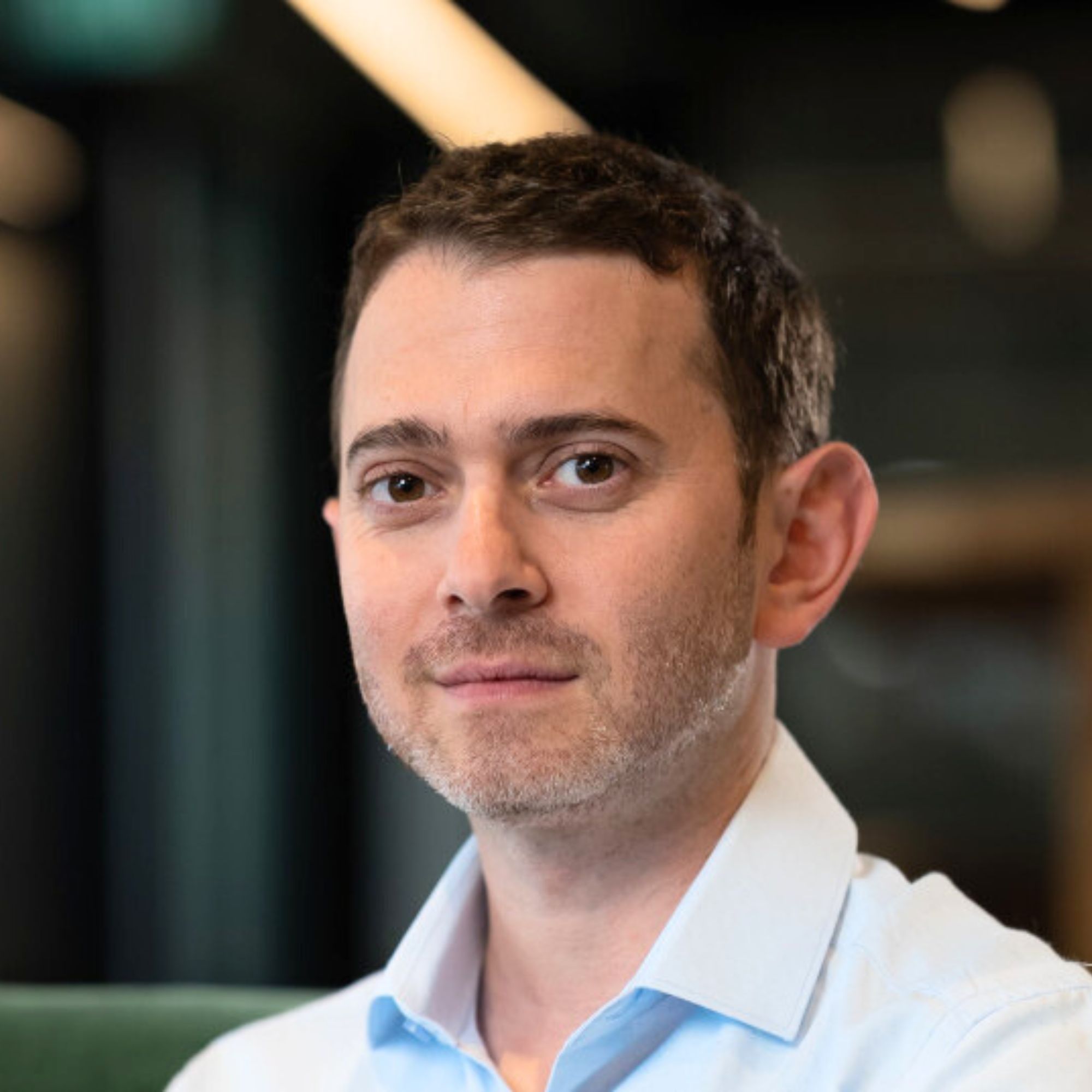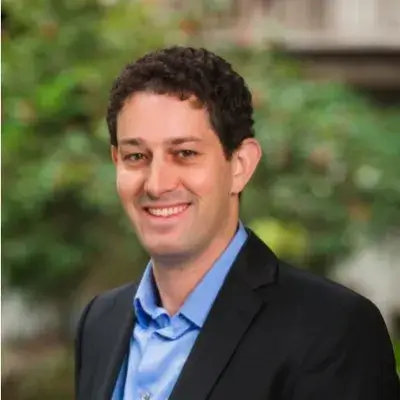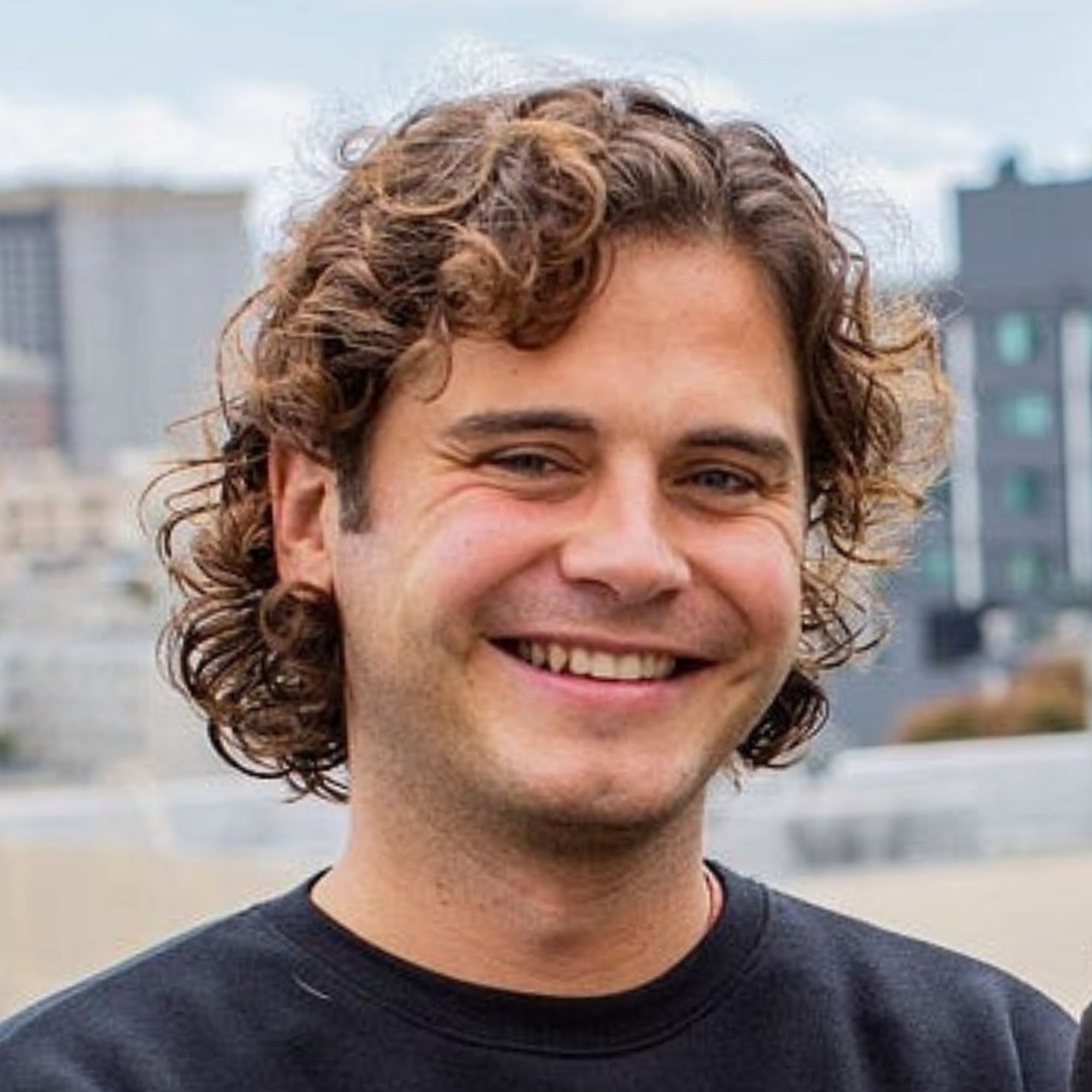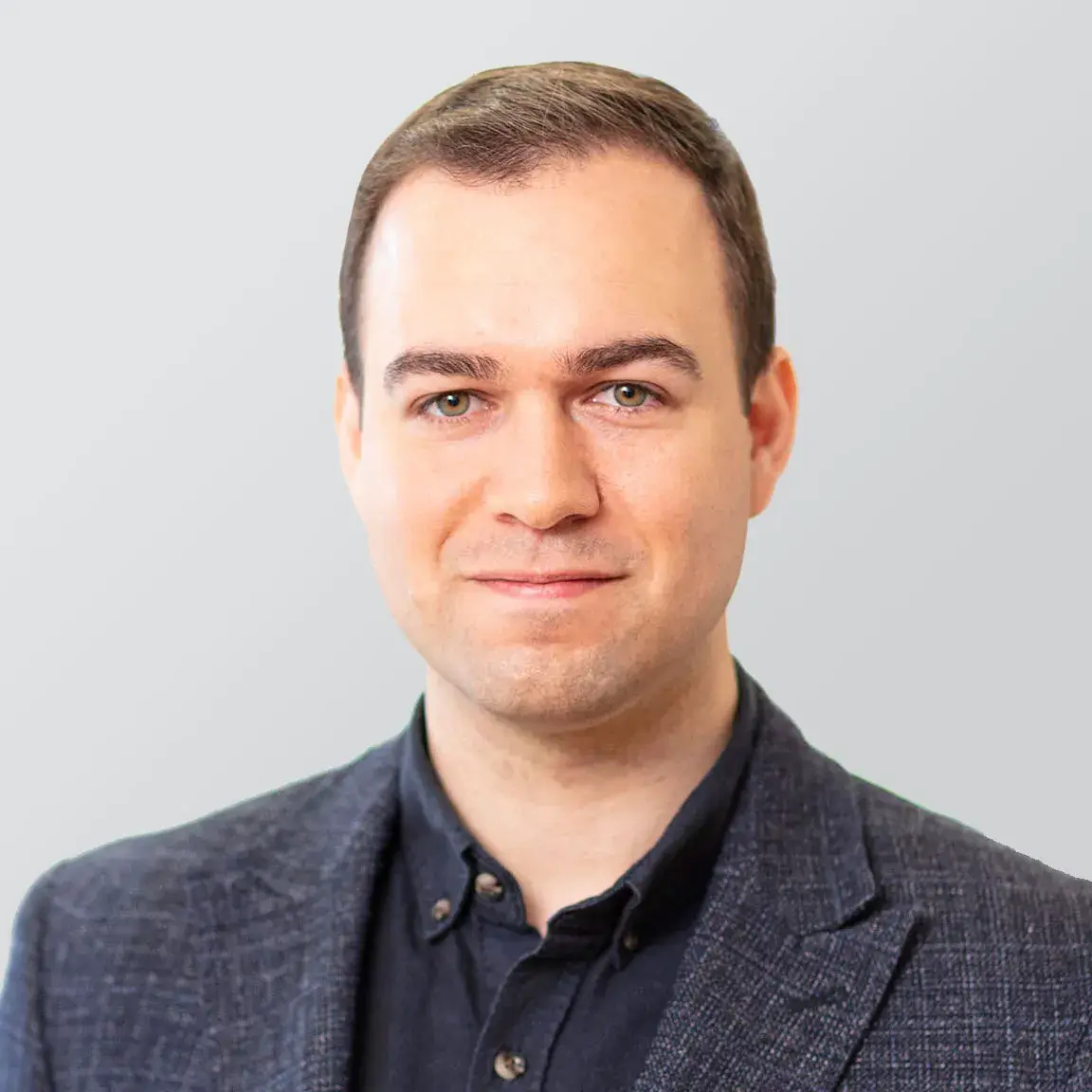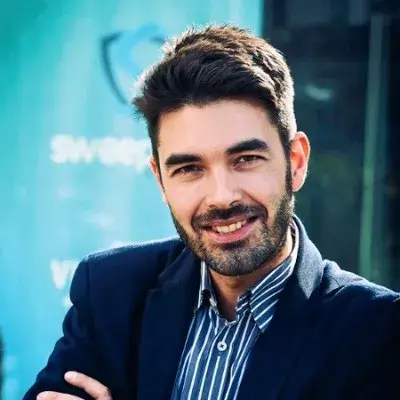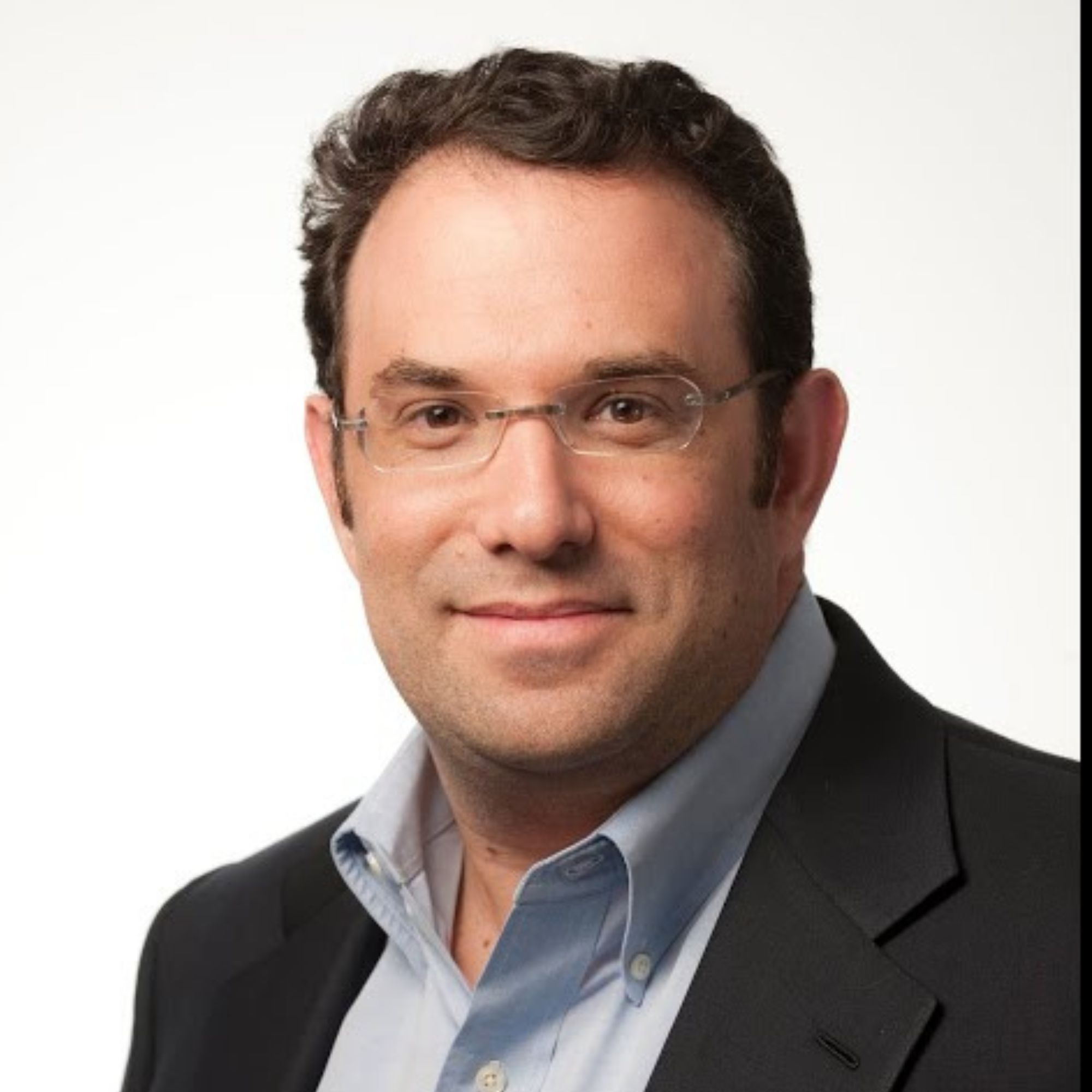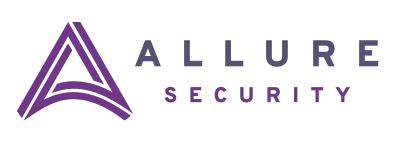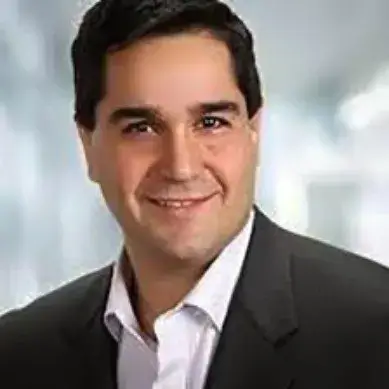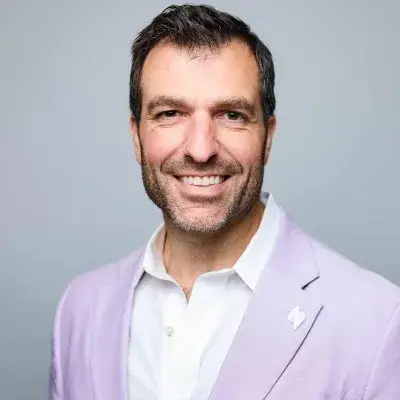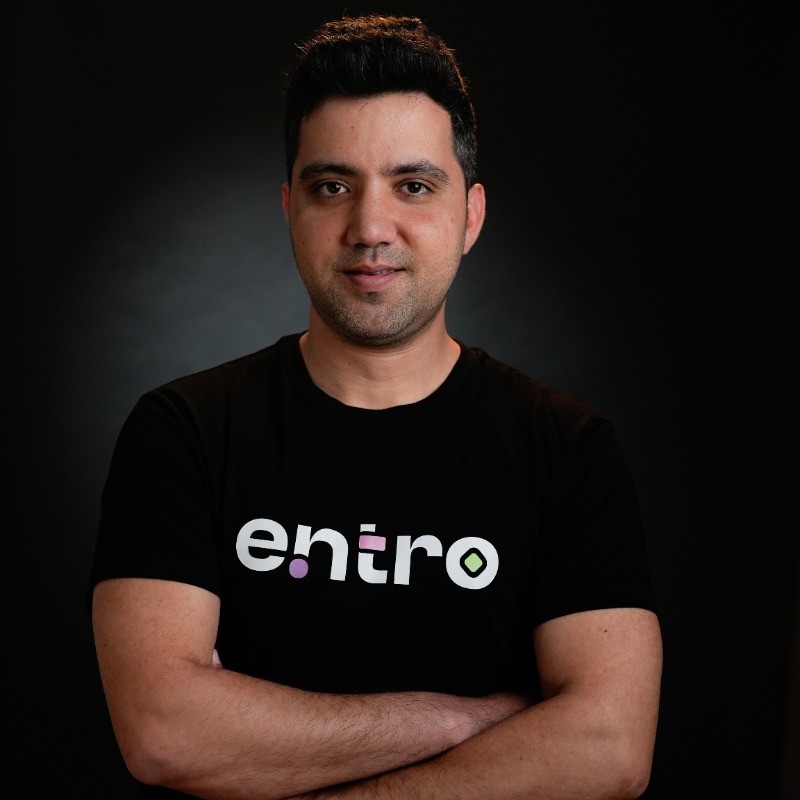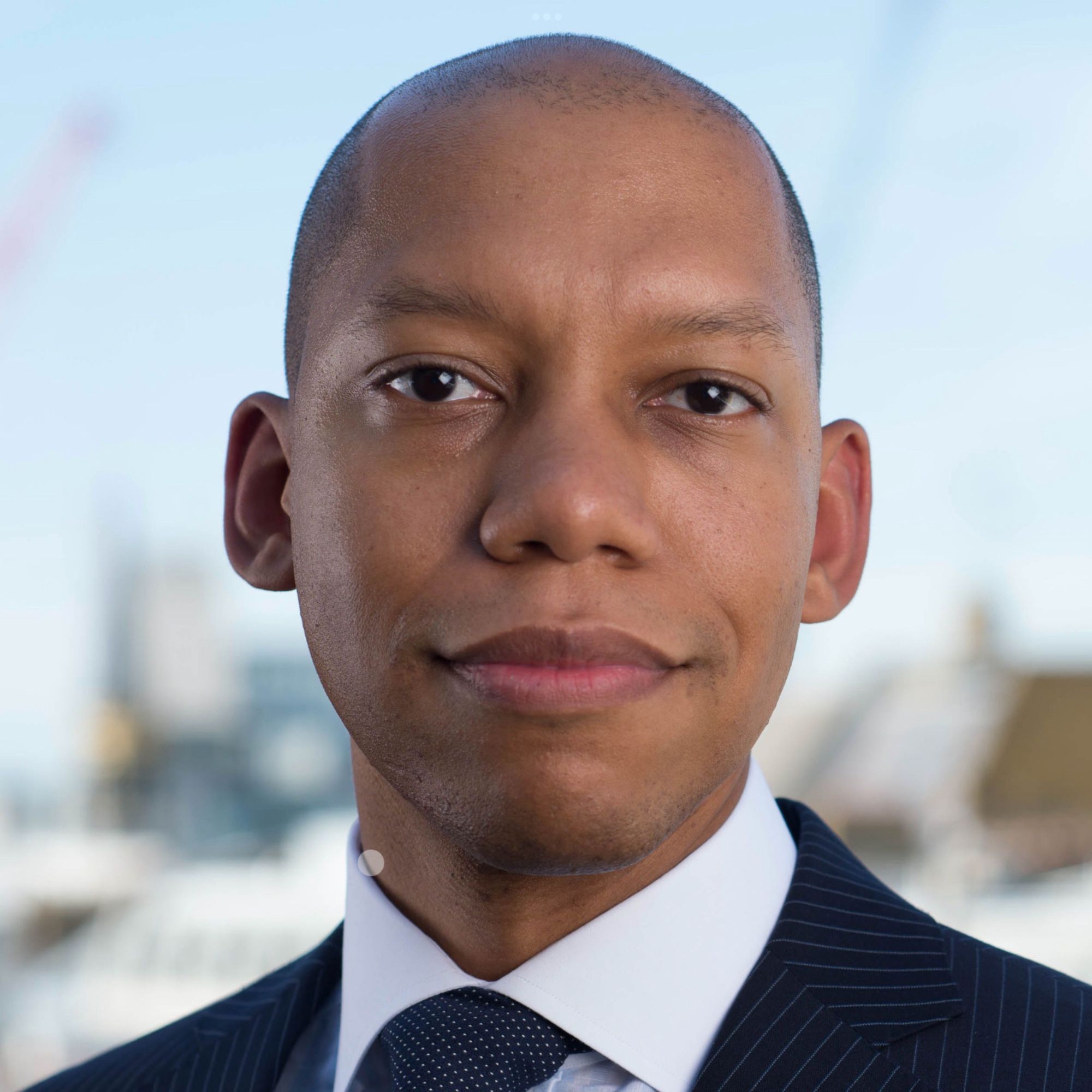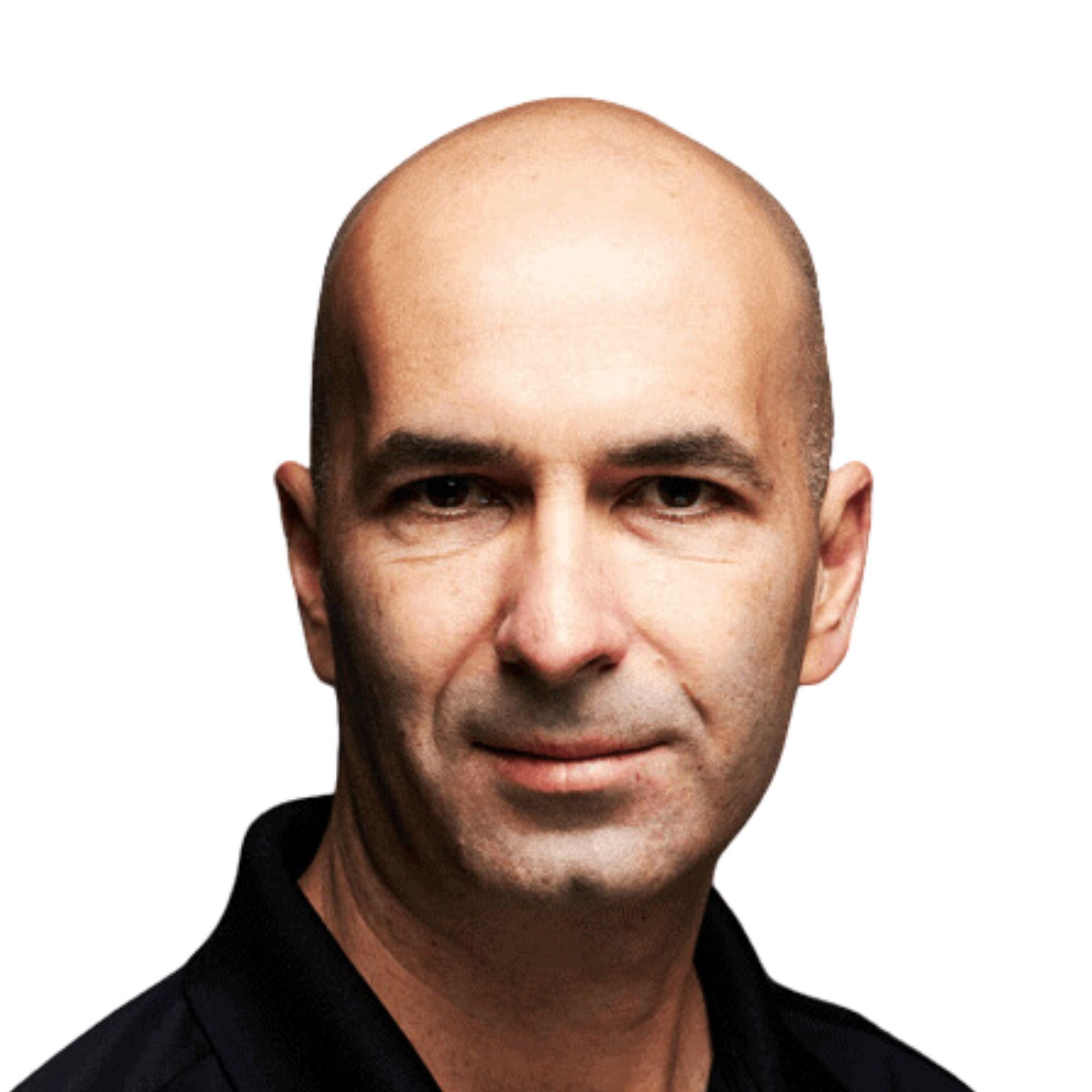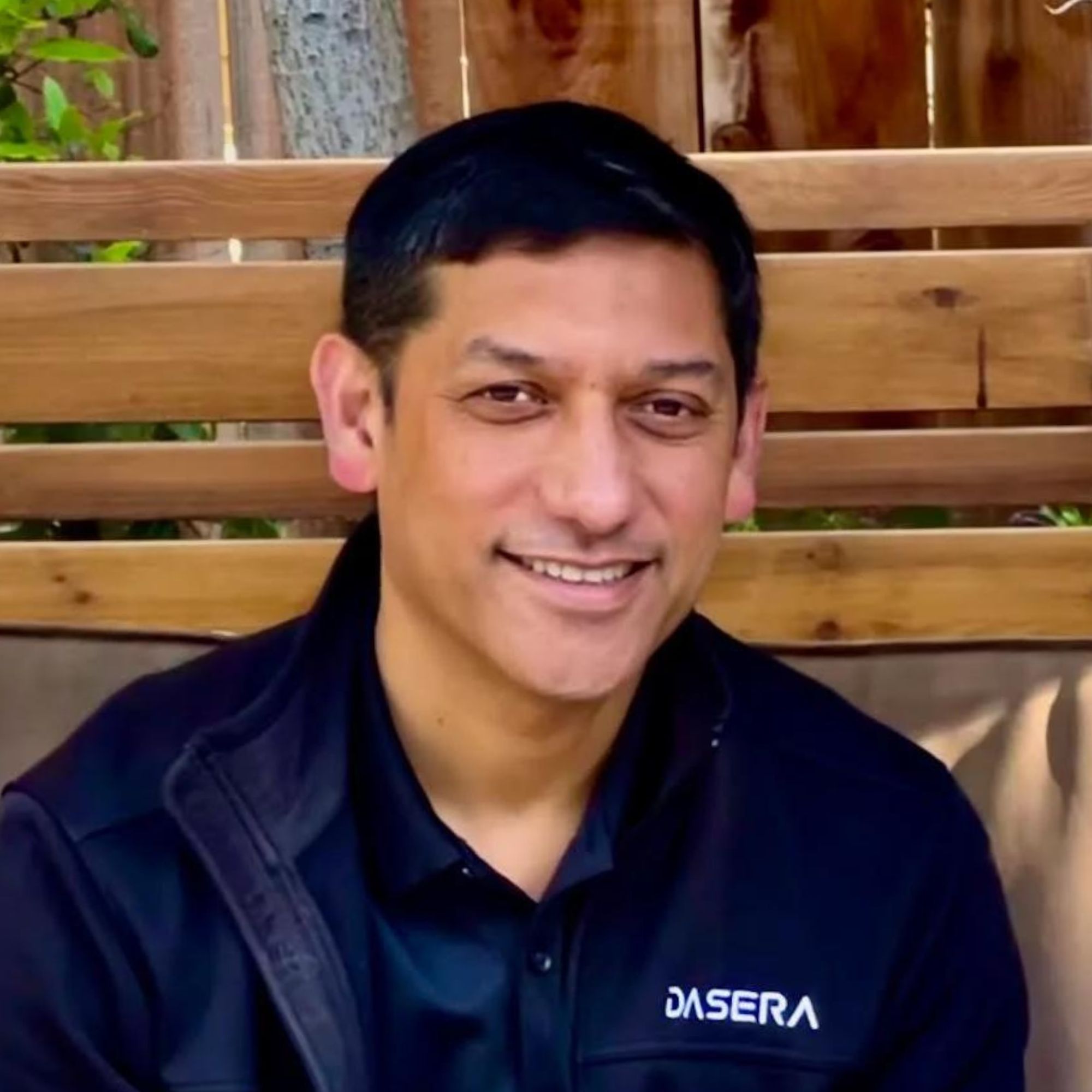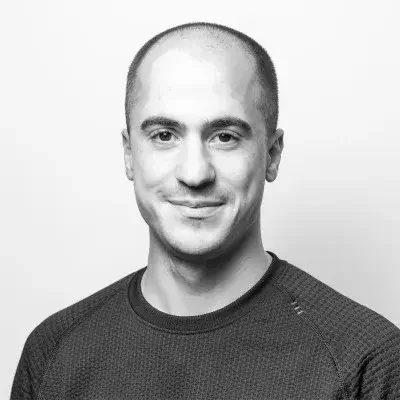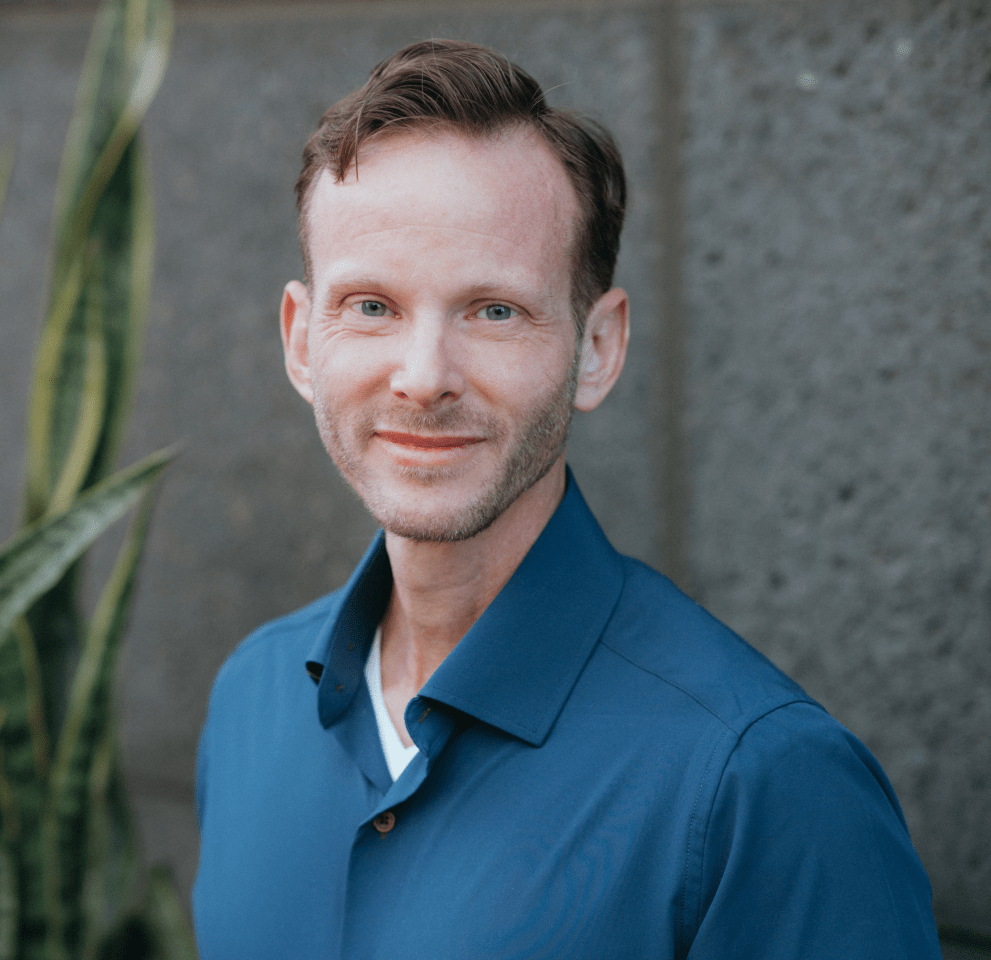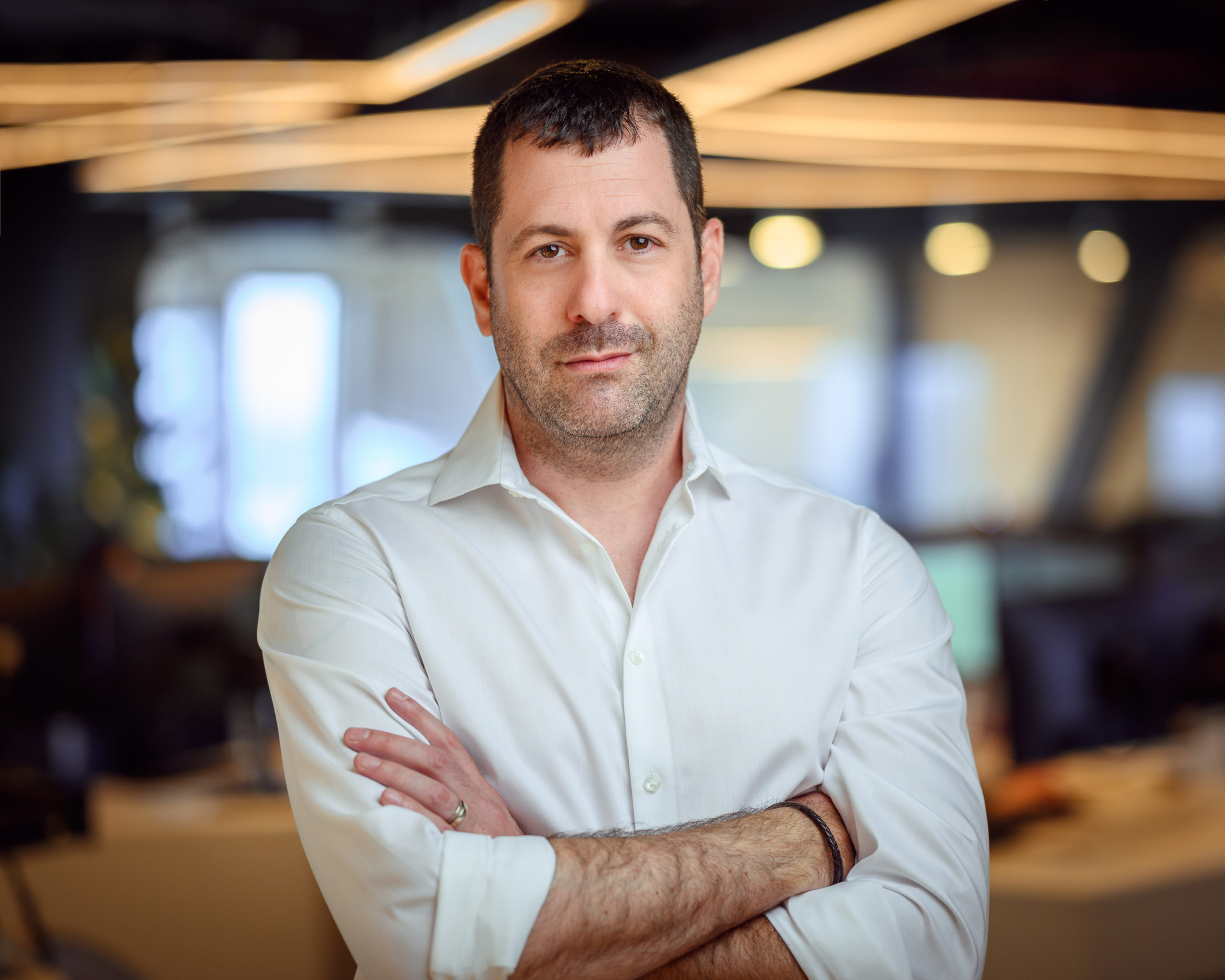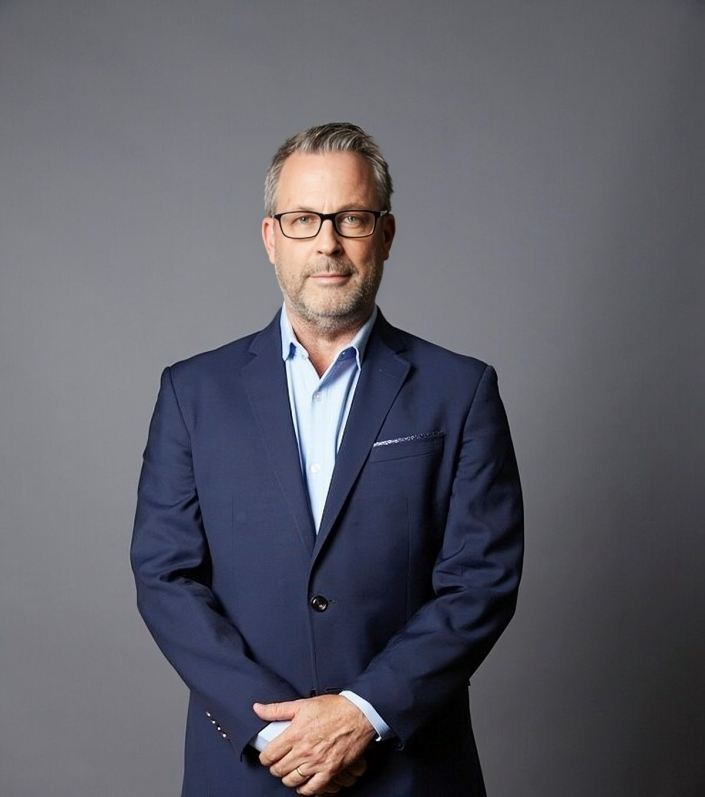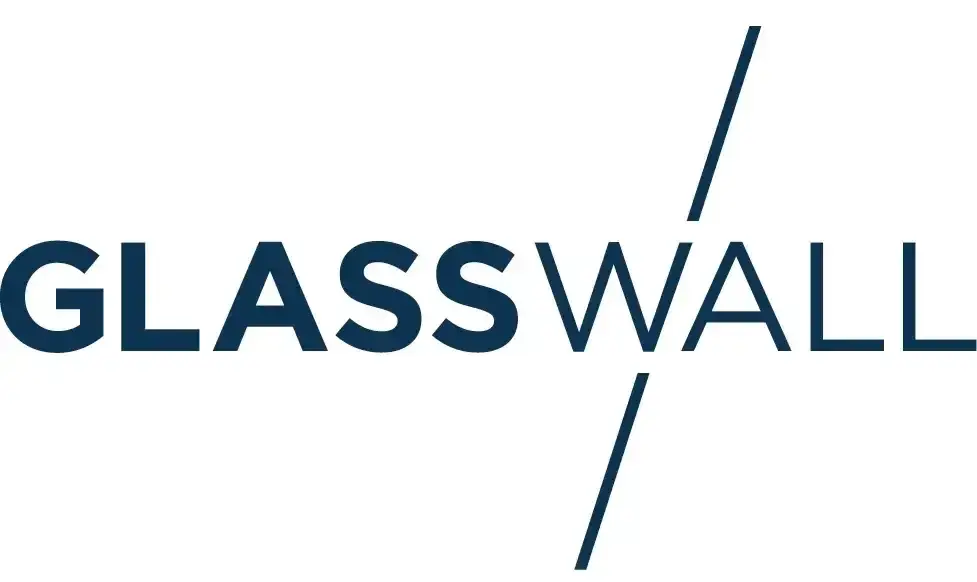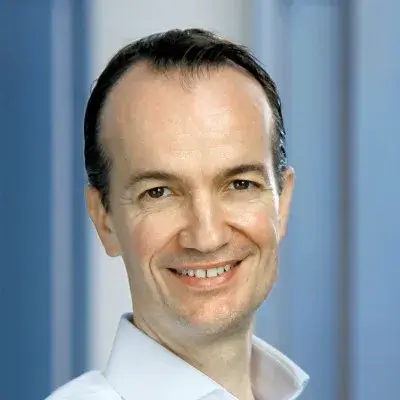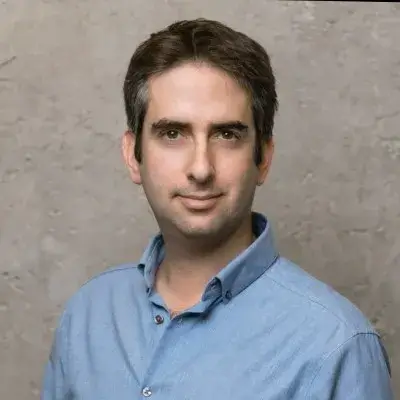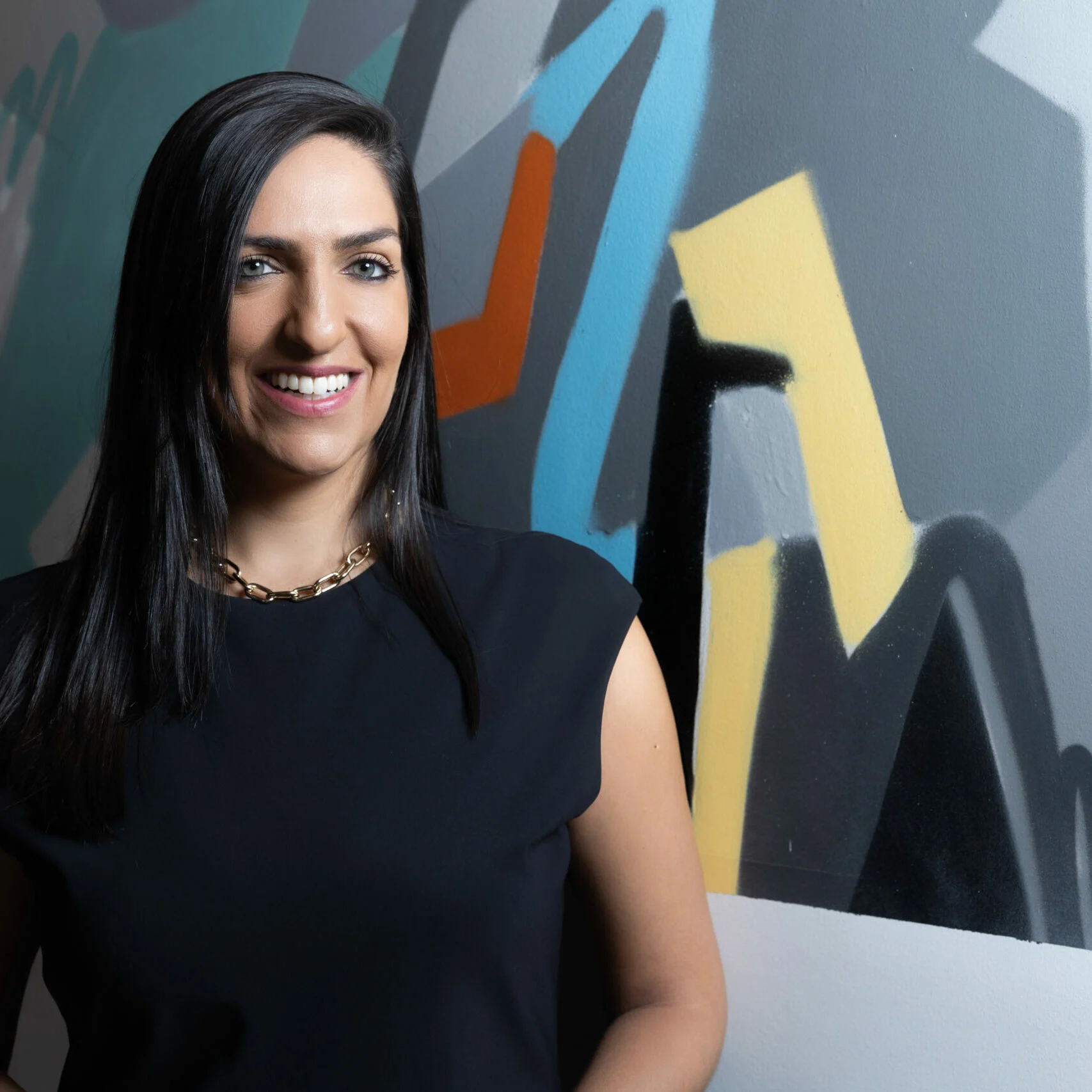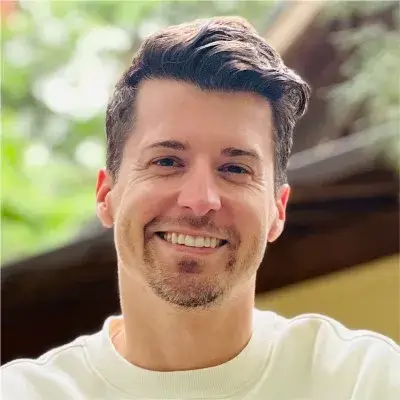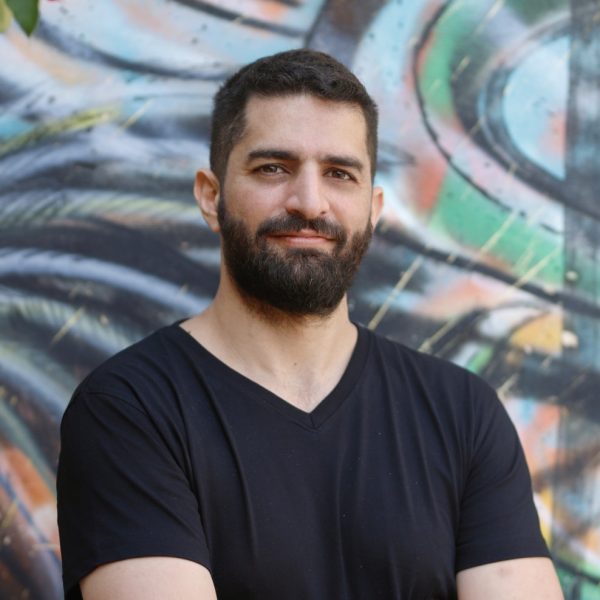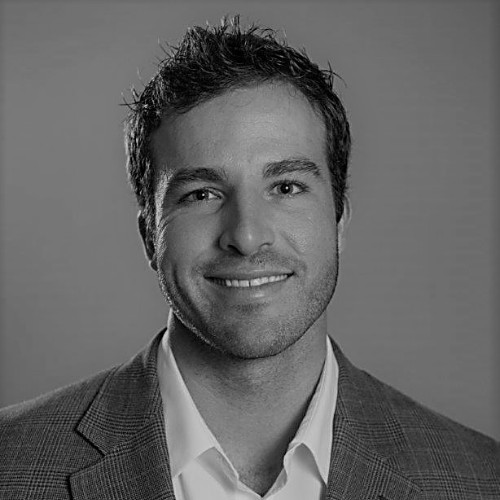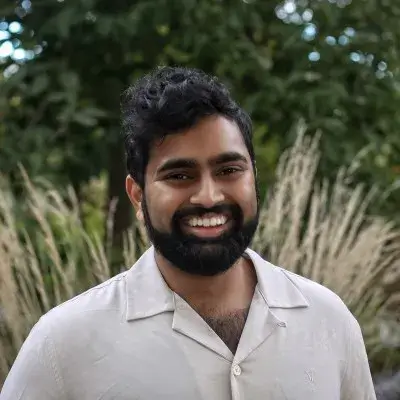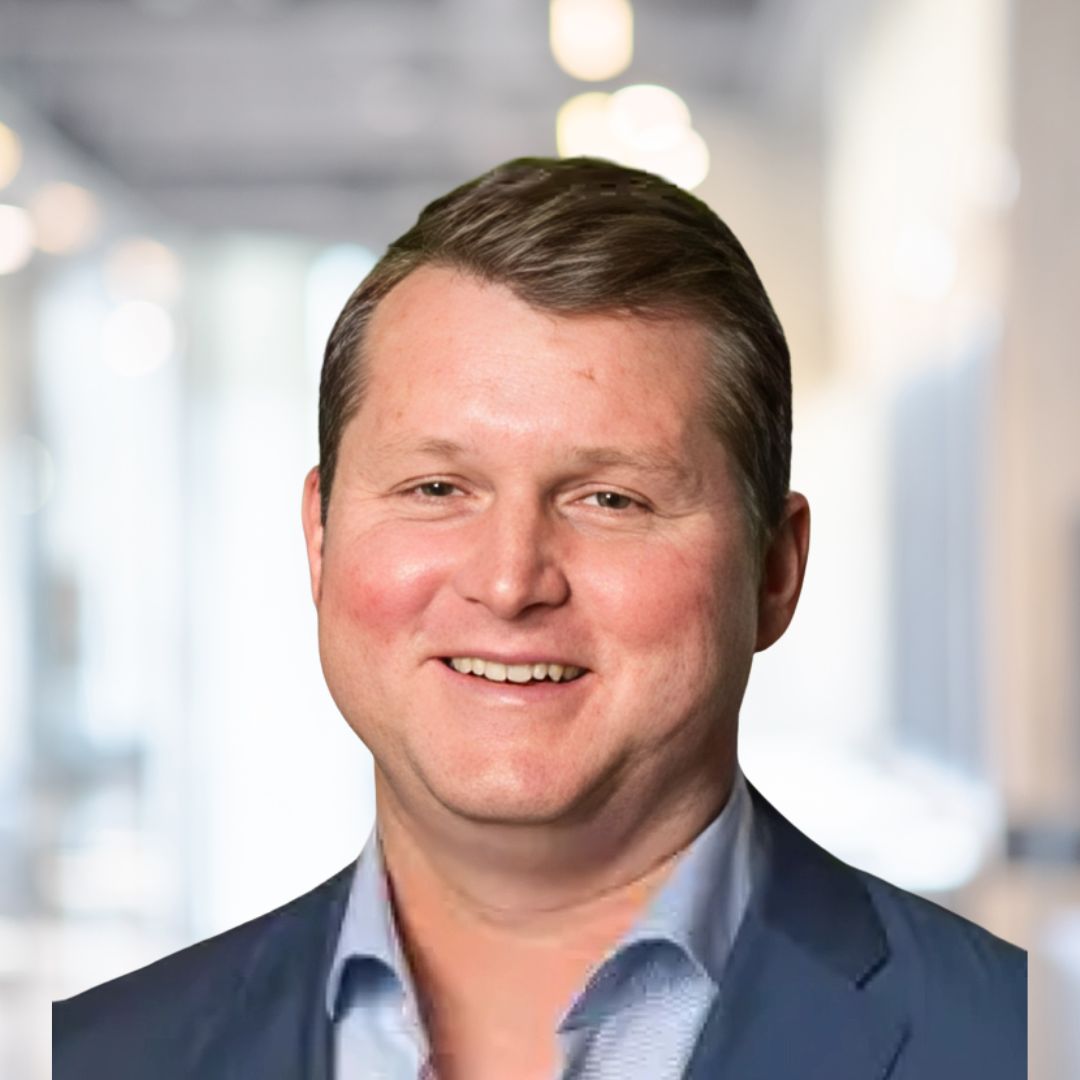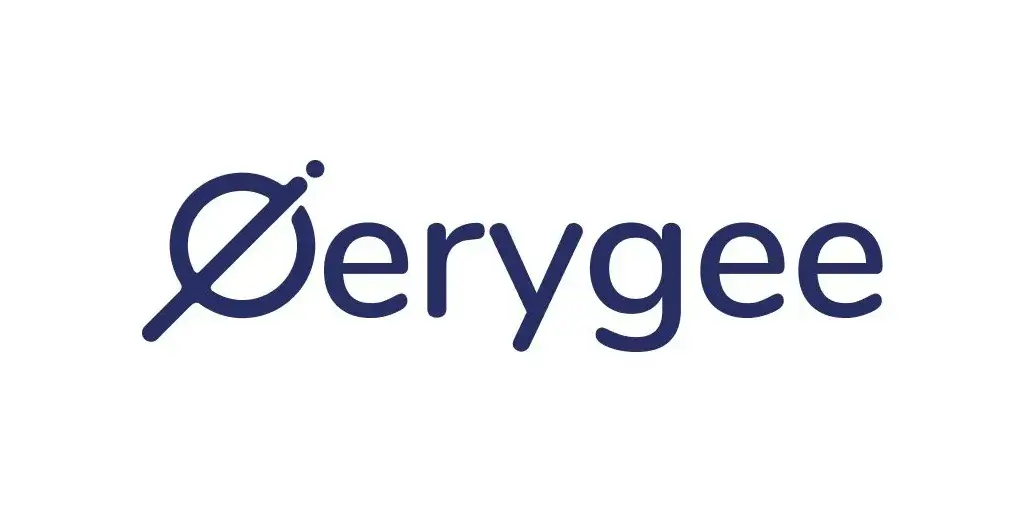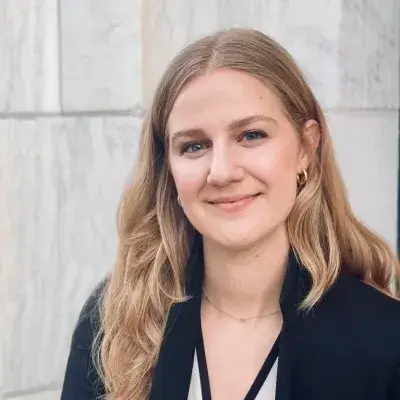Ready to launch your own podcast? Book a strategy call.
Frontlines.io | Where B2B Founders Talk GTM.
Strategic Communications Advisory For Visionary Founders
Conversation
Highlights
How Tamnoon is Redefining Cloud Security Through Human-Centric Managed Services
Most cloud security startups chase the same goal: better threat detection. But in a recent episode of Category Visionaries, Marina Segal revealed how Tamnoon is taking a fundamentally different approach by focusing on what happens after detection – the complex challenge of remediation and prevention at scale.
This isn’t just another story about disrupting cloud security. It’s about recognizing that the industry’s obsession with detection has created a blind spot in actually solving problems. As Marina explains, “We know how to detect something in the cloud… it wouldn’t cost you to detect one more thing, but it may cost you a lot of money to remediate and prevent it if you are not solving it the right way.”
Finding the Right Problem to Solve
Tamnoon’s journey began with a critical insight: while the cloud security market is flooded with detection tools, companies struggle with the next step. The real pain point isn’t finding problems – it’s fixing them efficiently and preventing them from recurring.
“What Tamnoon is focused on is this next kind of logical step after the visibility and detection is solved, and this is the remediation and prevention,” Marina notes. This positioning places them at an interesting intersection between managed detection and response (MDR) providers and cloud native application protection platforms (CNAPs).
Building Through Customer Validation
Instead of following the typical startup playbook of building a product first, Tamnoon took an unconventional approach. “The first three months were very different from the second three months,” Marina shares. They started by providing services before having a complete product, using this hands-on experience to validate their approach and refine their offering.
The second phase focused intensively on customer development. As Marina describes it, they spent three months “really busy on customers, really busy with endless calls to validate and define the product roadmap, the company roadmap and make sure that we are moving into the right direction.”
A Different Approach to Customer Acquisition
Marina’s approach to landing early customers challenges conventional wisdom about networking in B2B tech. Rather than solely pursuing warm introductions or active contacts, she tapped into dormant connections with surprising results.
“What I learned is that you need to be able to just ask anyone in your network a question, whether they want to hear your story or not, and you would be surprised how many people are open and are curious about the stuff that you are building,” she reveals. One of their first customers came from a month-long project contact years earlier – a connection that might have seemed too tenuous to pursue under traditional networking advice.
Standing Out in a Crowded Market
In an industry where security companies often blend together, Tamnoon made deliberate choices to differentiate themselves visually and philosophically. “We are in the greens, we are solving problems. We are not adding any overhead on the companies. We are actually their trusted advisor,” Marina explains.
This positive, solution-oriented approach extends beyond marketing – it’s embedded in their core offering. Rather than adding another tool to overwhelmed security teams, they position themselves as an extension of their clients’ teams. “We are bringing managed services to the customers. We don’t believe that technology can be managed on its own. We still need humans to operate it,” Marina emphasizes.
The Fundraising Philosophy
Marina’s approach to fundraising reflects a clarity of purpose that many founders struggle to achieve. “You can be either raising or not raising. And having this definition in your mind whenever you are speaking to investors is super important,” she states. This binary approach helps maintain focus and prevents the common startup trap of being perpetually half-fundraising.
More importantly, she advocates for prioritizing customer interactions over investor meetings when not actively fundraising: “I don’t want to speak to investors if I don’t need to speak to investors. What I want to do is to speak to customers.”
Looking Forward
Tamnoon’s vision centers on scaling both technology and human expertise in cloud security. “Our vision is very simple. We are the MDR for the CNAP space. We are building that remediation and prevention process that can scale the security experts and that is where we are headed.”
This focus on combining human expertise with technology represents a different path in an industry often obsessed with full automation. It acknowledges that while technology is crucial, the human element remains essential for effective security operations.
For B2B founders, Tamnoon’s journey offers valuable lessons about market positioning, customer development, and the importance of solving real problems rather than chasing industry trends. Their success suggests that sometimes the best opportunity lies not in building a better version of existing solutions, but in addressing the problems that arise after those solutions have done their job.
Actionable
Takeaways
Embrace Cultural Diversity and Adaptability:
Marina's transition from Ukraine to Israel and eventually to the US underscores the importance of adaptability in diverse work environments. For founders, especially those in global or multicultural settings, understanding and embracing cultural nuances can significantly improve team dynamics and business negotiations.
Leverage Personal Experiences for Professional Growth:
Marina's service in the IDF and her unique career path highlight how personal experiences can shape professional expertise, especially in niche areas like compliance and frameworks. Founders should consider how their unique backgrounds can offer fresh perspectives and solutions in their industry.
Prioritize Process Automation and Efficiency:
Marina's passion for minimizing manual tasks through technology is a crucial reminder for founders to continually seek ways to optimize operations. Investing in cloud security or other tech solutions to automate and streamline processes can drive significant long-term benefits for startups.
Cultivate Leadership that Promotes Equality and Team Collaboration:
Inspired by her grandmother and a mentor, Marina values leadership that treats team members as equals and fosters a collaborative environment. Founders should strive to create a company culture that encourages open dialogue, mutual respect, and shared success.
The Critical Role of Team Composition in Startup Success:
The co-founding partnership between Marina and her colleague showcases the importance of having the right team in place from the outset. Founders should prioritize finding partners and team members who not only share a common vision but also complement their skill sets and work styles. This can be the cornerstone of navigating challenges and scaling the startup effectively.




